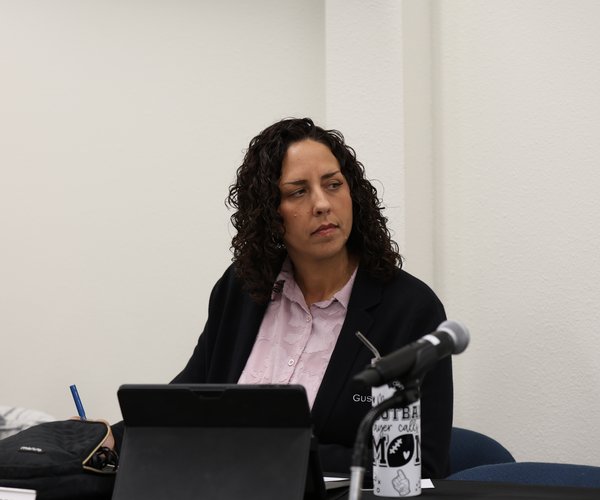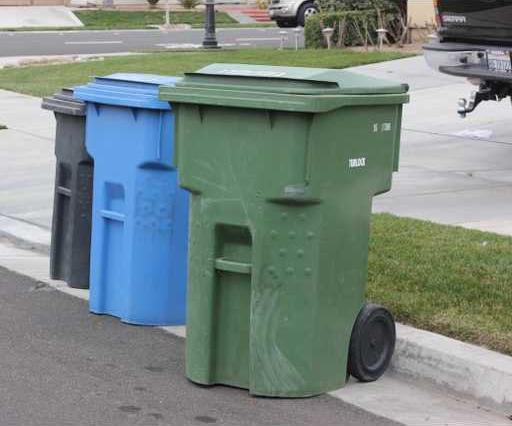SACRAMENTO — Assemblymember Juan Alanis (R-Modesto) announced this week that he has introduced his first two bills of the new legislative session — both addressing election-related issues.
“Last week, the race for California’s 13th Congressional District was finally called,” said Alanis, who won a second term to the statehouse in November. “Literally, one-twelfth of a year passed before we knew the winner. This is not acceptable and it’s embarrassing for all Californians. Entire nations of similar population and geographical size count their election results in hours. We can and must do better.”
The 13th Congressional District is made up of parts, or all, of five counties: Stanislaus, Merced, San Joaquin, Madera and Fresno. The race for that seat between incumbent Rep. John Duarte (R-Modesto) and former Democratic Assemblymember Adam Gray of Merced went down to the wire, with Gray unseating Duarte by a mere 187 votes. It was the closest House race in the nation and the last to be called. Gray and Duarte also squared off in 2022, a race that was decided by 564 votes and was the second-closest House race in the country. That race, too, wasn’t called until a month following the election.
Assembly Bill 16 would allow elections officials to begin processing mail-in ballots when they’re received — sometimes up to three weeks before the final due date — and not have to wait until Election Day to begin that process.
“I know our local elections officials take great care to protect the integrity of our elections,” said Alanis, who noted that he has a meeting scheduled with Stanislaus County Registrar of Voters Donna Linder in the coming days. “I am so thankful we have Donna in Stanislaus County, believe me. However, we have to address the policies Sacramento has set for the state that are directly contributing to painfully slow counting and eroding the public’s trust. I am not trying to impact the accessibility of voting, but rather to get results to the public quicker. I don’t blame local officials; this is a Sacramento-created problem, and we must fix it.”
AB 17, meanwhile, would further enhance public access to county election information by requiring local registrars to make available information regarding the effective boundaries of each precinct within the county.
“It’s important that now, more than ever, we take steps to rebuild that trust and further the engagement of the public in our electoral process,” said Alanis. “The voters should have public access to all boundaries and geographical lines drawn for them related to their responsibility to vote.”
In the Gray-Duarte contest, voters had to visit five different county websites to cull vote totals for the 13th district race. In Merced County, which fully sits within the 13th district’s boundaries, all ballots included that race. If there were 5,000 ballots still to be counted in Merced County, then there were 5,000 Gray-Duarte votes still in play.
In Fresno County, however, only about 7 percent of residents live within the 13th district boundary. So, if 5,000 ballots remained to be counted in Fresno County, it could only be estimated that about 350 of those would be germane to the Gray-Duarte race. It could be more or could be less. And in a race that close, campaign operations crave more certainty and less guesswork.
Alanis said he recognizes that many other elected officials on both sides of the aisle are considering their own election-related proposals this year. He said Monday on the Assembly floor that he is committed to bipartisan work to find ways to achieve results that improve California’s electoral process.
“I am open to dialogue, discussion and debate on these ideas,” said Alanis. “I understand this is a sensitive issue to many. Getting things done will require real honest discussions and hard work. I am here to work with anyone to make our elections more efficient.”
Assembly bills 16 and AB 17 were introduced on the first day of the 2025-26 legislative year.
“We have the technology, so why don’t we use it?” said Alanis. “If we can get it done sooner rather than later, then let’s give it a try.”





